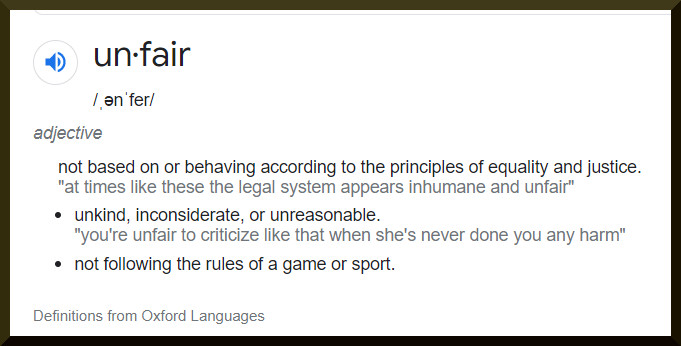
One would think that the notion of giving every American basic survival money would be a popular one with, well, every American.
In reality, universal basic income (UBI) has a lot of naysayers who fear or even hate the idea and its projected consequences. And they are not wrong with voicing valid concerns: after all, any experimental social reform comes with risks and caveats, and we should absolutely be talking about them.
But they are also not right for prematurely blaming UBI – a progressive reform that hasn’t been implemented in the U.S. yet – for “potential problems” that sound a lot like the dysfunctions we already have today under the status quo.
Among the most frequently brought-up “charges” against guaranteed income is the claim that it’s “not fair”.
Unfair To Whom?
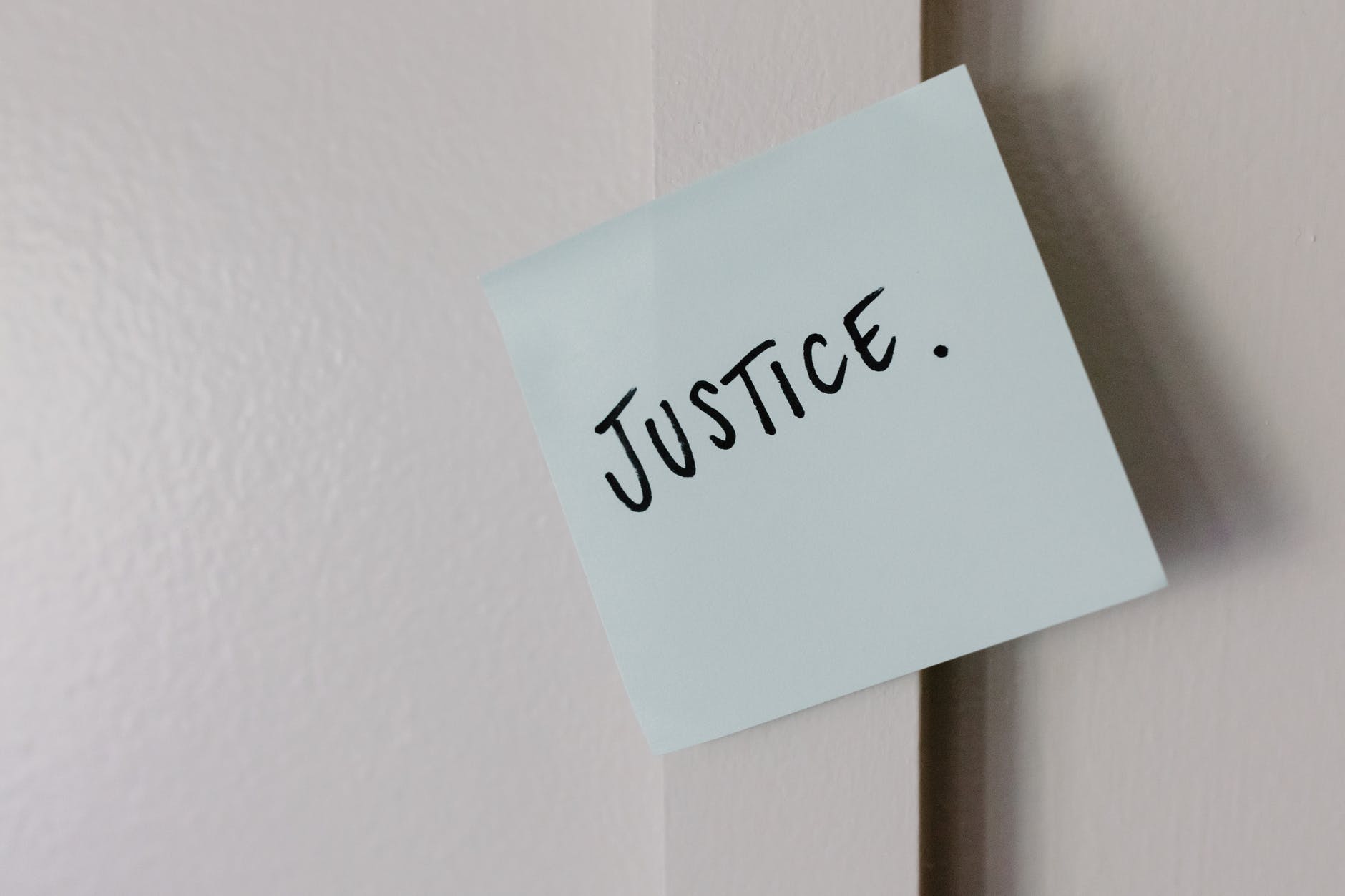
When people complain that UBI would be unfair, they typically mean that it would not be a “fair” distribution of resources: that the equally-distributed financial reward promised by UBI will not be equally “deserved” by everyone and entirely “undeserved” by some. And some people get really hung up on this, instead of seeing the positives for those whose lives will be transformed for the better.
What invalidates “unfairness” criticisms about the future most is that they are typically issued by individuals who couldn’t be more bored with the social injustices of the present or the past.
Western “civilization” has always been hyper-concerned with philosophical posits of fairness and justice. In actionable practice, those lofty hypothetical concepts apply differently to different socio-economic classes: somehow, those who have too much always “deserve” more than those who don’t have enough.
Consequently, seeking and serving justice for the “nobles” amongst us has always been sacred and honorable. But when undeserved miseries befell lower-class people (which happens at a disproportionate rate vis-à-vis the wealthy), suddenly it’s “too bad”, “what can you do?” “life is unfair” and “that’s just the way it is”.
Things Are Already Grotesquely Unfair — And UBI Is The Counter-Measure!
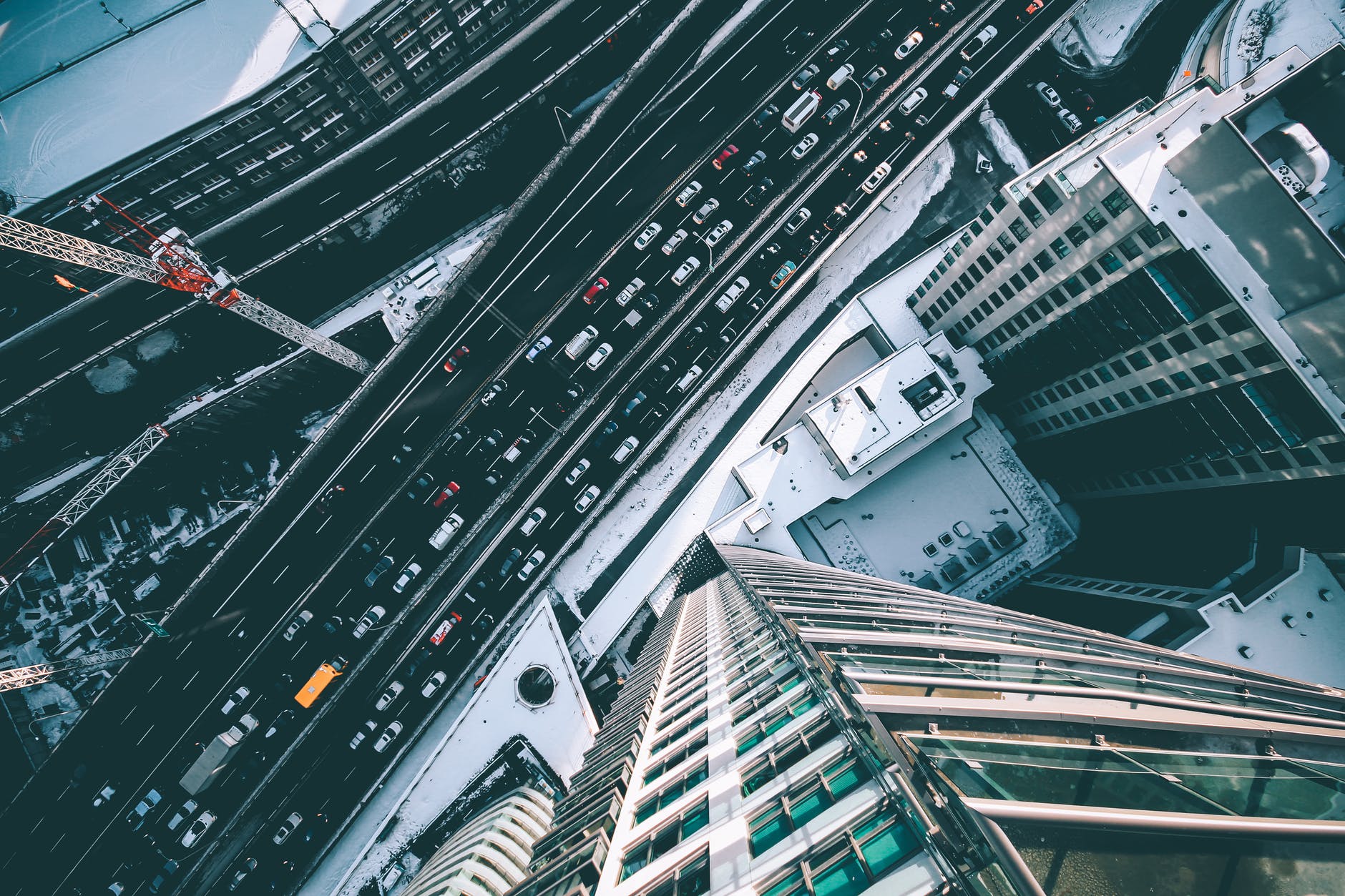
True enough: life is not fair – neither in its natural nor social manifestations. Nature certainly doesn’t care about [trivial, arbitrary and hypocritical] human inventions of “right and wrong”. Nature is looking for the most optimal propagation of the genes of every species by any means necessary and has no ethical imperative for how that goal is to be achieved by each creature on this planet.
To counterbalance the utter indifference of nature toward our physical or moral suffering, humans have, for millennia, been toiling at creating a “civil society”. One where our species cooperates toward its collective and individual survival, while constantly advancing civically, spiritually, technologically and, of course, seeking to upgrade our quality of life. We sure mean well, but we can’t seem to root out the pesky problem of social inequalities plaguing our kind. It’s just that some of us really, really, really don’t like to share…
Done properly, UBI can be a major leap in that mission to provide a decent and dignified life to every member of our society. The objective of basic income is not to make everyone the same / bring everyone (down) to the same exact socio-economic status. It’s not even to give everyone equal chances of success, as some people will still be born richer or healthier than others, some will still go on to have more opulent or comfortable lifestyles than their contemporaries.
(Don’t worry, rich jerks, there will still exist social inequalities — just the way you like it — but people won’t be struggling as much “at the bottom” — are you cool with that? Psych, I know you’re not, I’m just trollin’ for lulz…)
The objective of UBI is: to eradicate poverty, thus letting everyone have a fair chance to “launch” as a member of society – without having to spend all of one’s time, energy and nerves on daily fretting over basic survival, while enduring unsafe, unhealthy living conditions, mired in dead-ended socio-economic prospects.
Judging The Poor Is Poor Judgement
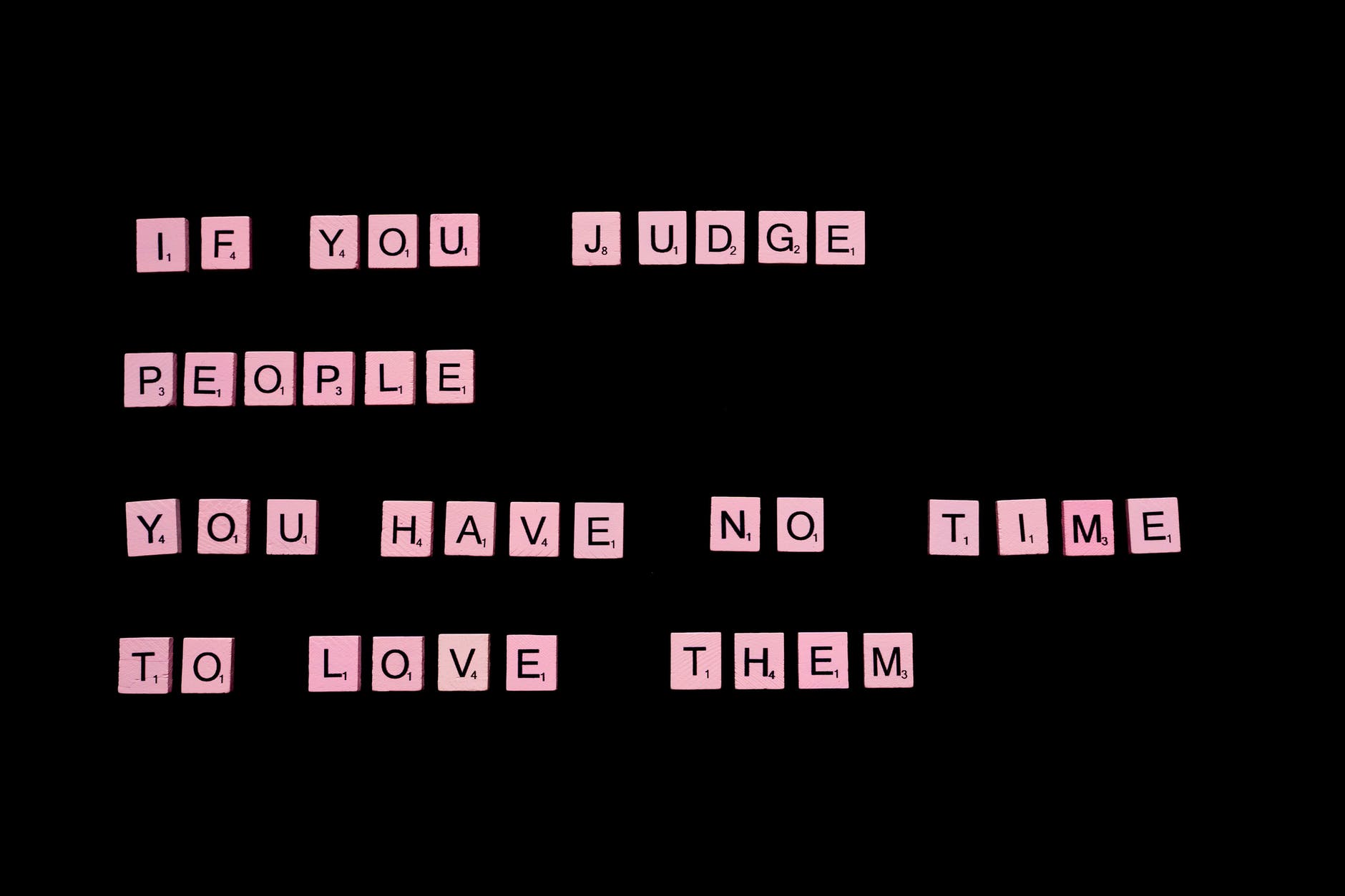
Those who never experienced poverty get off on criticizing and mocking the “bad” choices the poor make that, allegedly, keep them from achieving upward mobility. Yet, there is ample scientific evidence backing up the notion that poverty-stricken brain makes its decisions based on completely different heuristics than those of the economically comfortable – ones oriented toward immediate survival, rather than long-term lifestyle planning.
But let’s not blame it all on the ole poor-brain. The poor struggle with mental and physical health because they live in subpar conditions with no regard for their mental or physical well-being. They get stuck in this cycle because they literally can’t financially afford the “good” life choices! The psychological effect of “relative deprivation” — watching the wealthy living it up all around, as if in some marvelous, visible-but-inaccessible parallel universe – is not just unfair but cruel, and one of its many outcomes is alienation.
As such, calling UBI “unfair”, and implying that it will somehow be a step down from the “fair” system of today, is dishonest and cynical.
Americans of today do not all start off life on equal terms, far from it. Is it fair that some babies are born into stable generational wealth while others are born into abject poverty?
Let’s put it a little less politely: is it fair that some Americans get launched into life with the cock-assuredness of kings, thanks to the colonizer legacy and massive funds they’ve randomly inherited (and were allowed to keep)? All the while other Americans (equally randomly) get their start already weighed down by historical “heritage” of having been owned as property, put to work as machinery, abused for control, violated of body and mind, robbed each time they prospered, purposefully held back health and education-wise and, as the icing on the cake, told to “get over” their generational trauma when they dare to bring it up??
It’s very, very unfair. But it doesn’t count. It’s just so much more palatable to tear apart a future that hasn’t happened yet.
And speaking of time-warped “logic”…
Unfair To When??

Probably the weakest of all “unfairness” arguments against UBI is that it’s not fair to people who didn’t have the same benefits so far.
Specifically, many opponents of UBI will suggest that it’s not fair that some people had to “work their asses off” their entire lives – sacrificing time, youth, interests, etc. to make a living for themselves and their families – and now, all of a sudden, others will have certain basics handed to them just-like-that and won’t have to struggle the same for a living.
Sure, it’s not fair in the same way that it’s not fair that some people died before a cure was discovered for their illness, or had to endure unspeakable agony during surgery before anesthesia was invented, or were found guilty in court over false charges easily clearable by today’s forensic science? It may be “unfair”, but the culprit is not a miscarriage of justice, the culprit is historical timing – something we can’t control.
In the meanwhile, today, some Americans have all the healthcare by virtue of being (disproportionately) well-off, while the rest are barely hanging in there (or not hanging in there at all and dying off). What’s truly unjust is that many medications, treatments and cures for many modern ailments have already been invented and produced – but (by far) not everyone in need has access to them. This is something unfair that we can — and should — change!
Let’s Re-channel Our Disgruntlement Where It’s Due
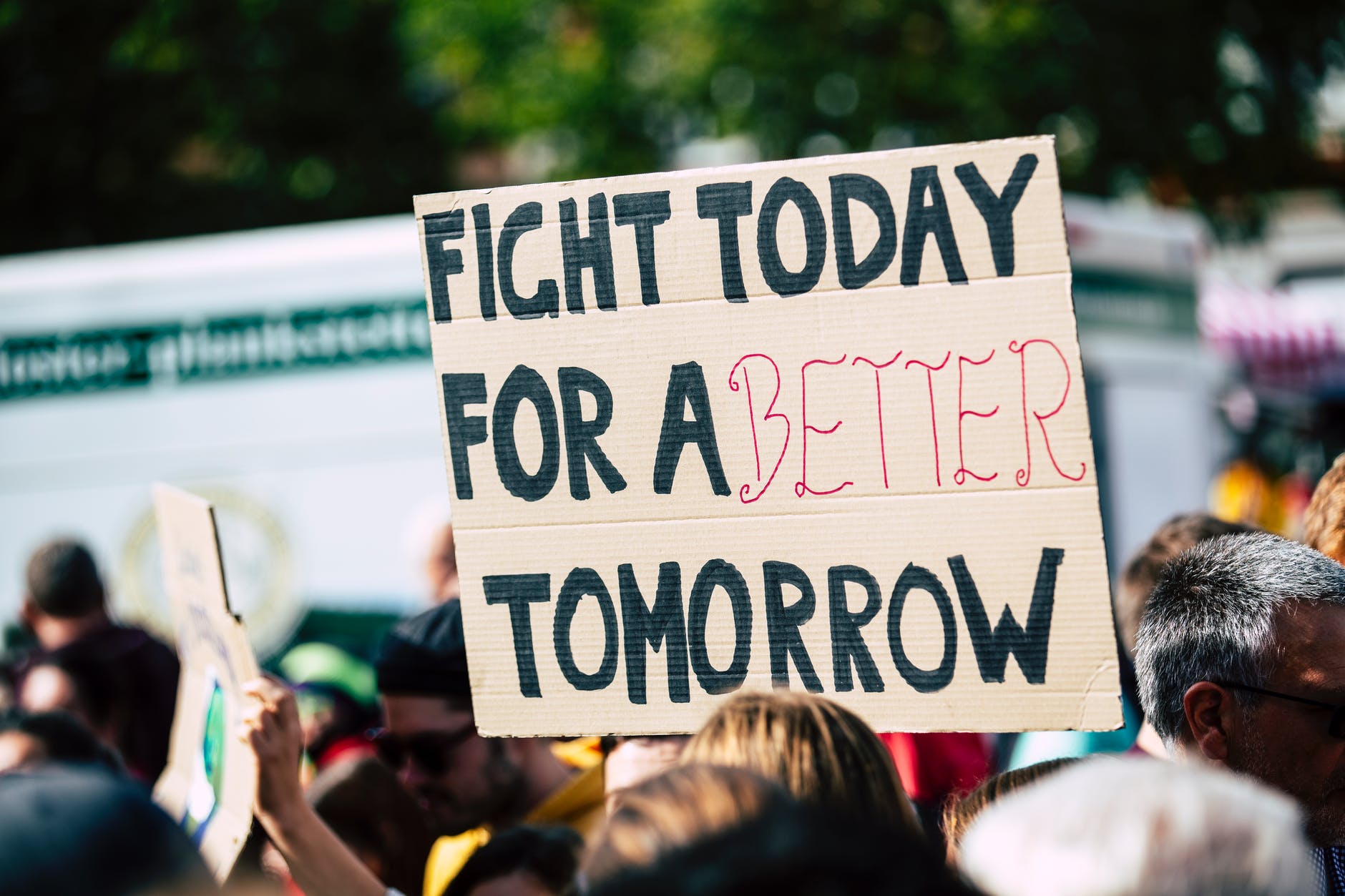
For those who want to be mad at unfairness and injustice – rage at the current economic infrastructure that lets the rich grow their wealth exponentially by paying close to the same tax percentages as middle-class Americans (when paying taxes at all)!
Blame the system that nickels-and-dimes and incarcerates the poor and racial and ethnic minorities for the tiniest of infractions while cutting endless “breaks” to those who are already richer and more powerful than their own gods.
Point fingers at a culture that will condemn a desperate single parent for shoplifting bare necessities but will praise a narcissistic, miserly billionaire for being a “job creator”, all the while hundreds of thousands of his employees are kept below poverty line with unlivable wages for thankless, often hazardous labor.
It is, indeed, not fair that so many modern Americans must slavishly wreck their bodies, aspirations, relationships and the will to live at soul-crushing full-time jobs (often multiple ones) just to make ends meet – and not even. Those Americans, indeed, deserve a break!
And universal basic income would be that break, that safety net that lets every person focus on their quality of life, not just primitive survival!
So, no, you don’t impede progress because it’s “unfair” to the past!
If anything, elevating our society to a new level of organization / culture in which no human must struggle for daily survival would likely please at least some of those who came and went before our time. Many of them cared about – and some fought and died for – a gentler society rebuilt on the foundations of humanism and egalitarianism. Embracing civic growth and working toward a brighter future with no hunger or homelessness only honors their memories and sacrifices.
“But Some People Will Abuse The UBI System!!”

Oh, for suuuure they’ll try!! We know this because “some people” have abused every social system that ever existed, including the one currently in place.
And yes, the “free-rider” problem is real: there is always a fraction of the population that just doesn’t want to work, contribute or even remotely cooperate beyond their own immediate needs and desires. Social truants exist and will, given the opportunity, do the absolute bare minimum expected of them: that’s just human nature: it cuts across all classes.
So, what’s unfair here is that most of the public outrage identifies “those people” as poor individuals and families (who are also typically imagined as social minorities) who are “milking” the welfare system.
In actuality, the free-riders doing the costliest social freeloading are the “trust-fund babies”, other dynasty/legacy beneficiaries and the majority of the richest people in the world who are known for being brilliant entrepreneurs but, for some reason, don’t pay any taxes on the fruits of their “genius”.
Many of those privileged members of society are just as shiftless as their poor counterparts (and not even from hardship but from ennui!) – and some of them are straight-up certifiable sociopaths. However, unlike their poor counterparts who struggle to make ends meet and face constant social contempt for it, the rich parasites on society live exceptionally well and continue to worshipped (ahem, enabled) as supremely important people.
Let’s Design UBI With A Realistic Understanding Of Human Behavior
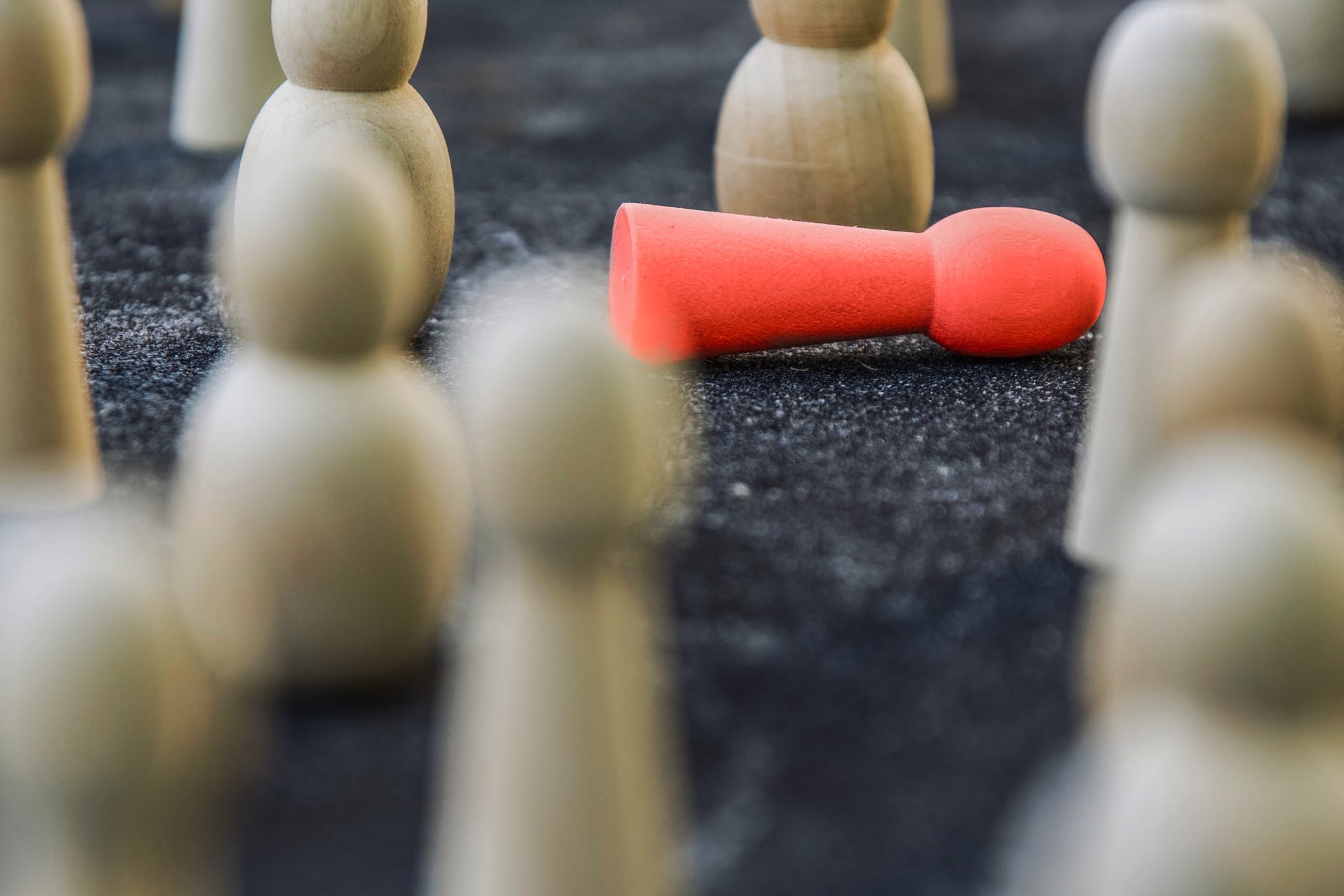
As I see it, the debated issue should not be framed as “let’s not do basic income, since some will find ways of take advantage of it”. The challenge should instead be: how do we most intelligently and effectively design and implement a guaranteed income system that is impervious to systematic exploitation and large-scale corruption by our sneaky little species?
(One option to try: design the UBI model around the fact that people break rules – but focus on rewarding those who don’t abuse the system instead of on punishing those who do.)
There are intelligent, progressive, creative ways to come up with a functional and well-oiled UBI infrastructure that, once it gains momentum, will appeal even to the non-believers. It’s achievable if we stop letting politicians divide (and conquer) us — and begin to cooperate and prioritize humanism and the good of all the people over the special interests of the elite few, when we think about what’s fair to whom.
Something’s Gonna Give…
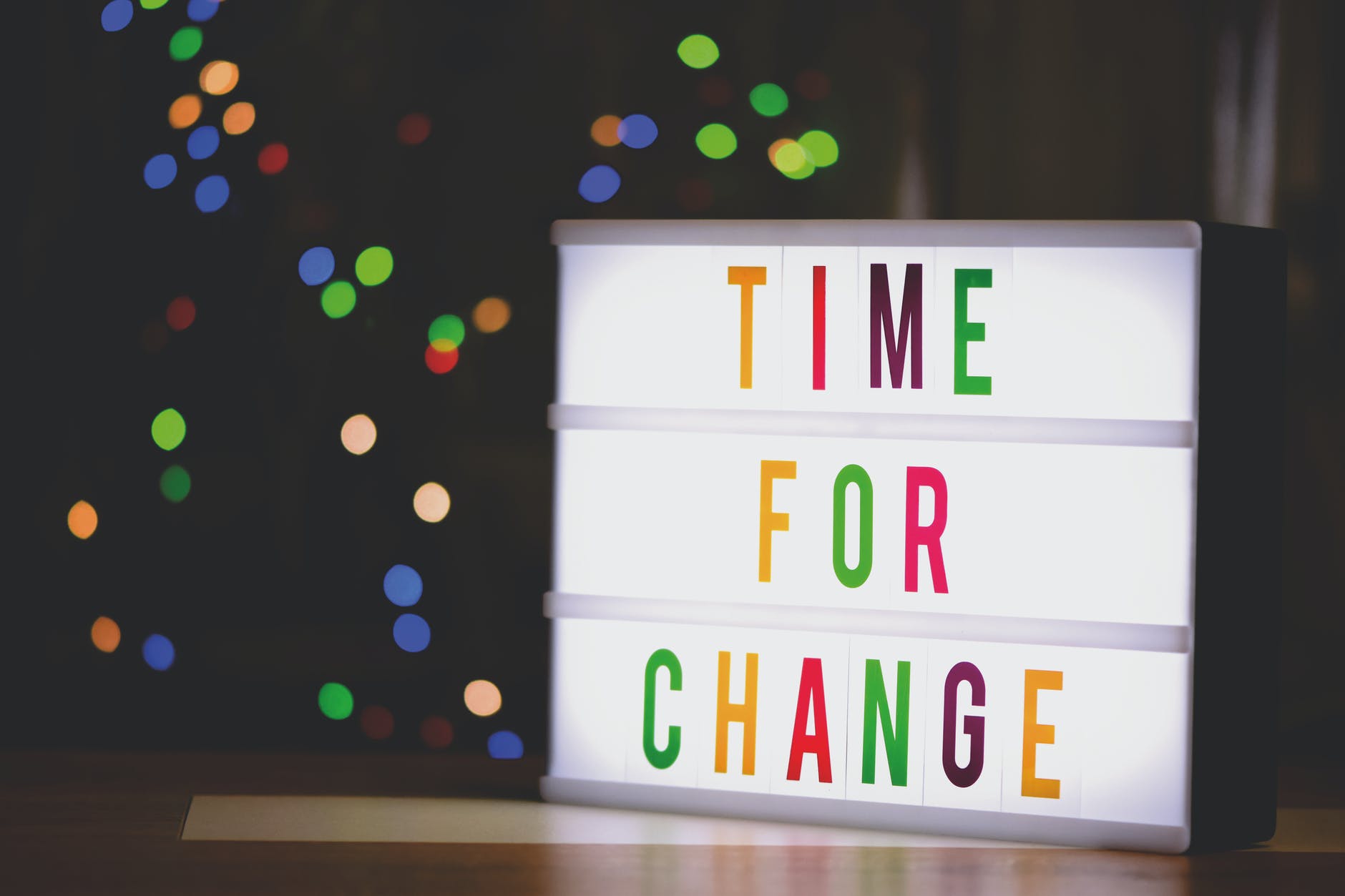
You’ve seen them: wealthy city dwellers strolling the twilight-shaded streets, crinkling their noses at the ghost-like silhouettes flickering in their peripheral vision. It’s that time of the evening when the homeless are settling in for the night in alleyways, store entrances, tops of warm subway vents. Wrapping themselves from head to toe in stained sheets and towels, shielding themselves from the light, the noise, the judgment, the hatred.
“They really should do something about poverty,” the perfumed urbanites murmur in faux outrage as they hurry by, clutching their ugly overpriced accessories tightly to where their hearts are supposed to be.
“They” — we — are!
It’s called universal basic income – and it’s either this or guillotining your out-of-control-greedy asses all over again.
Tempting! But also exhausting and already proven to be ineffective in the long term. Let’s give this other bloodless revolutionary idea a try, just to mix it up. No promises — but at least it’s got promise.
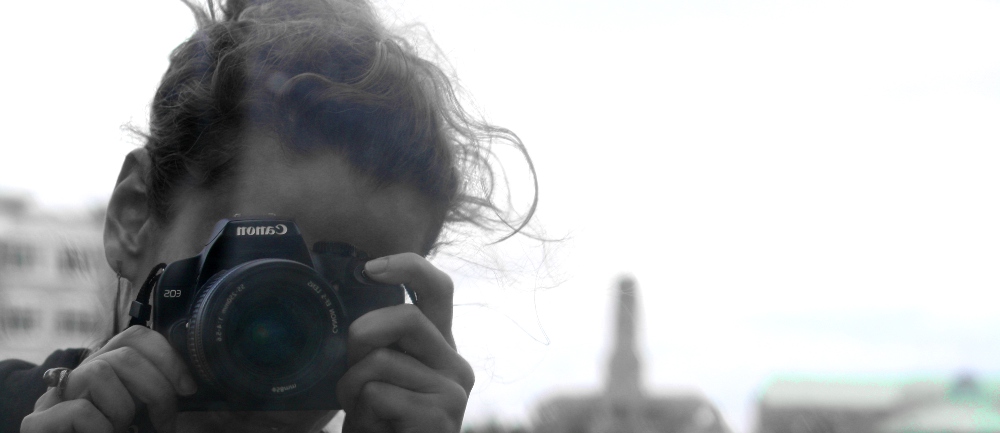
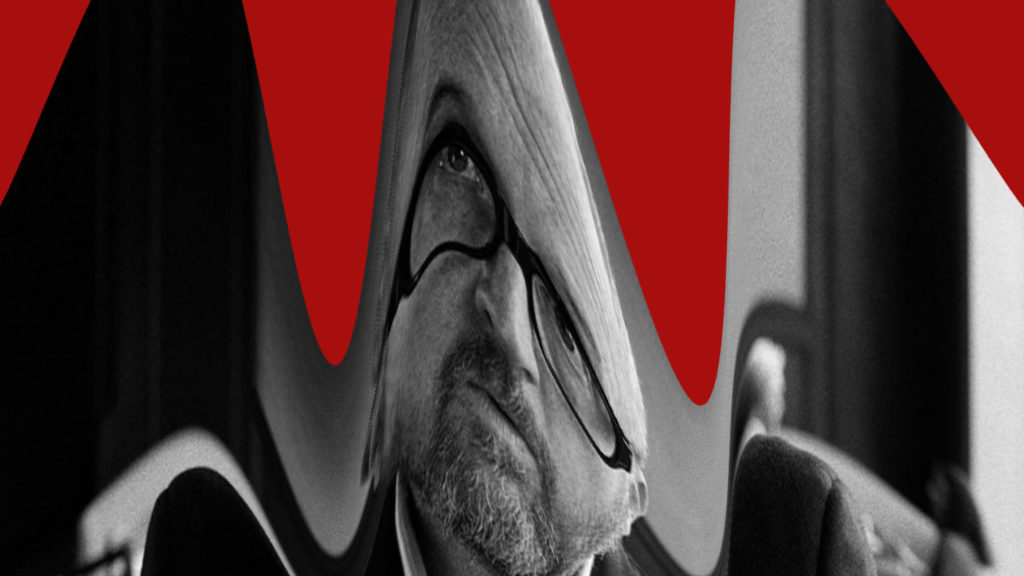
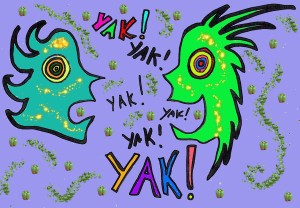
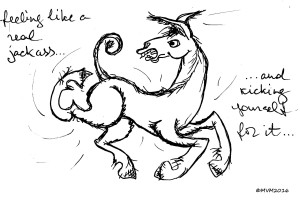
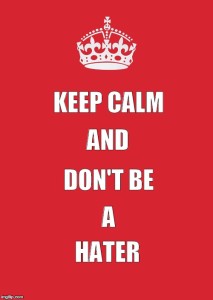 if!..
if!..